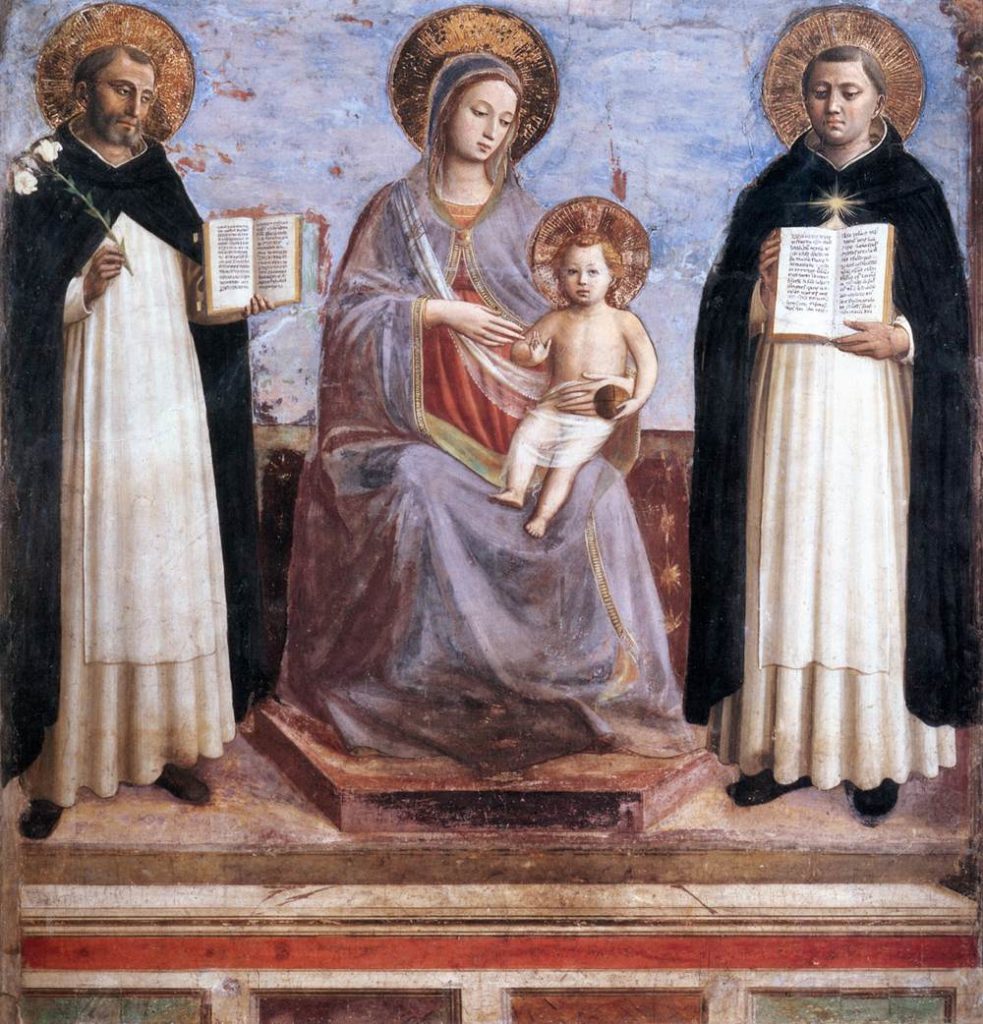
What is great in the great appears to consist precisely in those qualities which rule them out as representatives of a “movement.” And this is also true of Thomas. His greatness, and incidentally his timeliness, consists precisely in the fact that a real “ism” cannot properly be attached to him; that, therefore, “Thomism” cannot really exist. Not, at any rate, if we understand the term to mean a specific doctrinal tendency conditioned by polemical theses and demarcations, a system of tenets handed down from teacher to pupil, as is the case with any “school.” This cannot exist because the magnificent statement residing in the work of St. Thomas is far too rich; its special virtue lies in its not seeking to be anything “special.” Thomas refused to be selective; he undertook the enormous task of “choosing everything.” “He seeks to be faithful to the deeper intention of Saint Augustine, as well as to that of Aristotle; the deeper aim of human reason as well as of divine faith.” Similarly, the French Dominican Geiger, who in his much-discussed book on the concept of “participation” in Thomas Aquinas attempted to show the Platonic elements in the thinking of the alleged Aristotelian Thomas, has made the same observation: Thomas ought to have made choices but did not do so—or il n’a pas choisi. Thomas was neither Platonist nor Aristotelian; he was both.
Josef Pieper – Guide to Thomas Aquinas

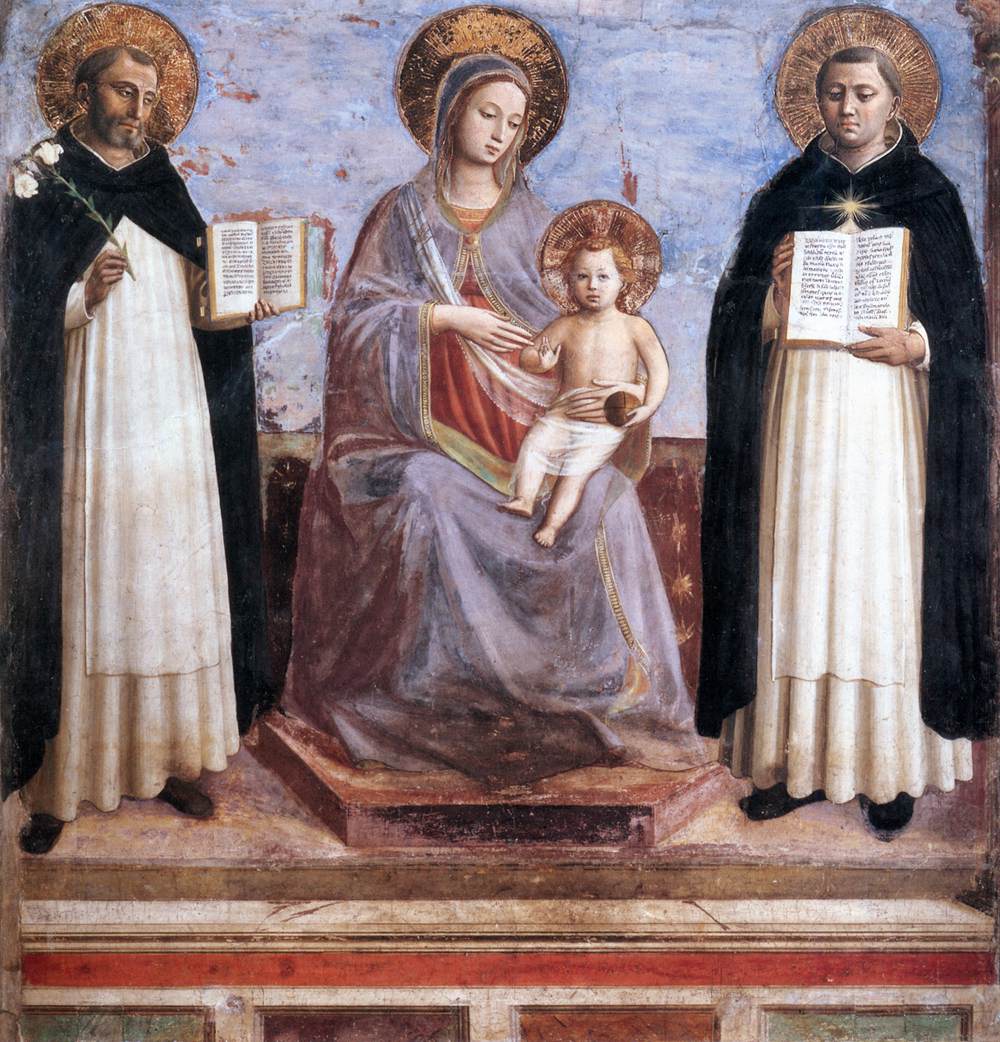
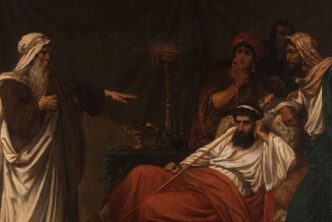
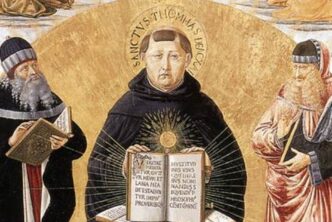

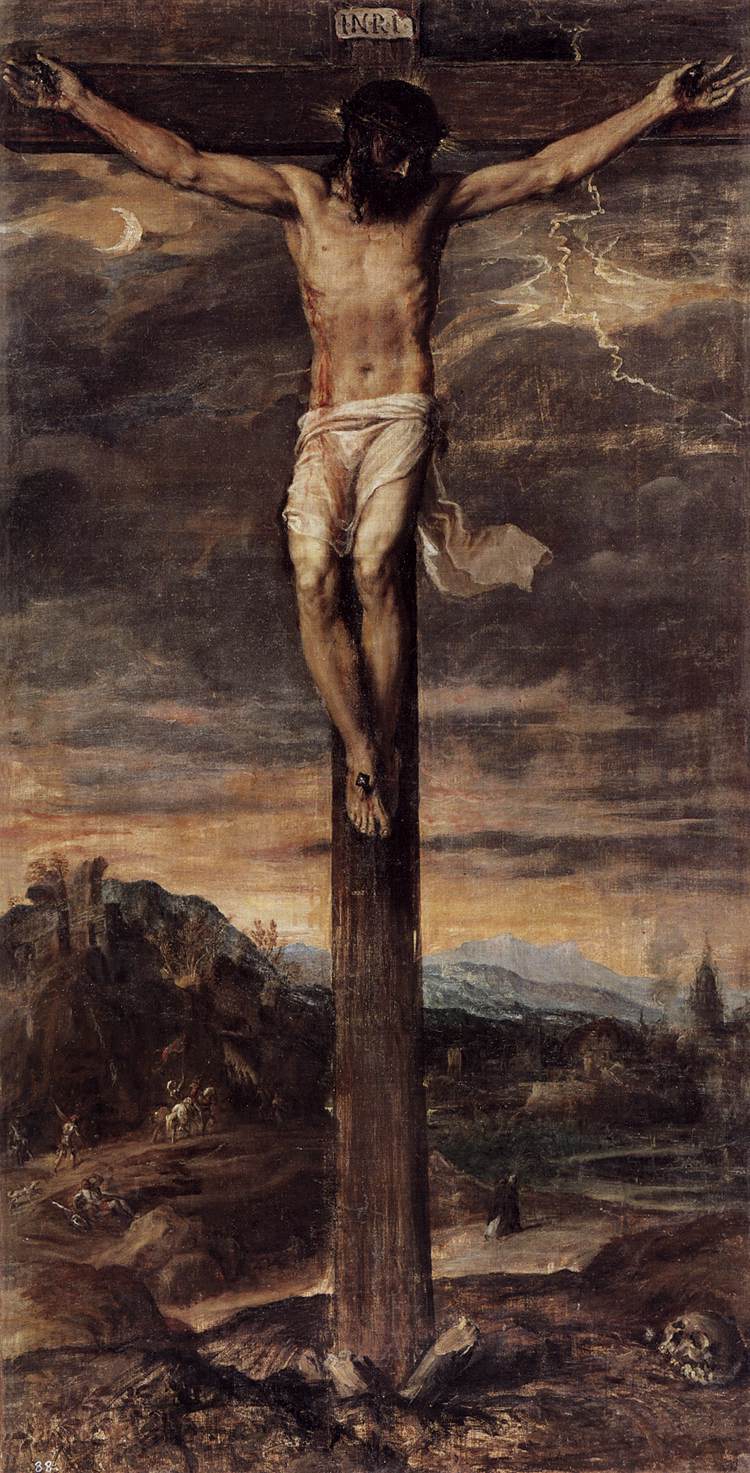
[…] McCabe’s books and articles are free of philosophical or theological jargon—indeed, they are accessible always to any educated reader and often funny—so whatever one makes of his conclusions, his way of writing offers lessons in how to write and think about theology. (He shares these qualities with another Thomist whom we featured on this blog, Josef Pieper.) […]